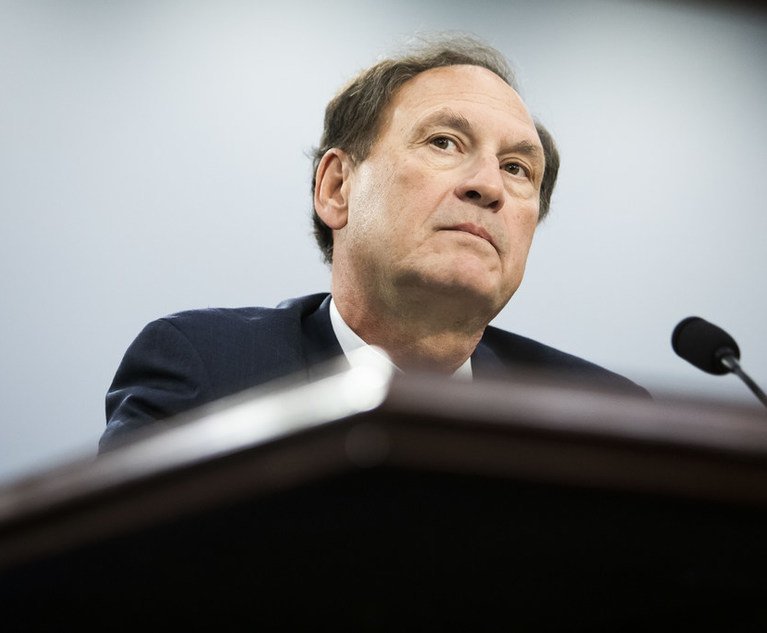In 2007, the Supreme Court decided Bell Atlantic v. Twombly, a once-controversial opinion that now needs no introduction. Twombly, as antitrust practitioners well know, represented a seismic shift in the way antitrust cases were being pleaded, specifically requiring that an antitrust plaintiff plead enough “fact[s] to raise a reasonable expectation that discovery will reveal evidence of illegal agreement.” (Fair enough.) Two years later, the Supreme Court clarified Twombly’s broader application in Ashcroft v. Iqbal, holding that it was not limited to antitrust claims, but to all civil actions. (Simple enough.)
However, in recent years, practitioners have questioned the proper application and reach of Twombly. More specifically, it is indisputable that one of the original intents of Twombly was to minimize costs related to frivolous claims, but some question whether, in the name of Twombly, courts are now the ones spending too much time and resources—only to dismiss potentially viable claims. For example, in Big Baboon v. SAP America, a district court in California recently contemplated whether “you get to the point where we’re wasting time and resources” when we “know what their claim is,” and cautioned that courts shouldn’t get “hung up” during the pleading stages due to Twombly. As others have expressed similar views, it is perhaps worth looking back at the landmark decision (which has been cited over 200,000 times since 2007), and asking whether there have, indeed, been some “hang-ups.”
This content has been archived. It is available through our partners, LexisNexis® and Bloomberg Law.
To view this content, please continue to their sites.
Not a Lexis Subscriber?
Subscribe Now
Not a Bloomberg Law Subscriber?
Subscribe Now
LexisNexis® and Bloomberg Law are third party online distributors of the broad collection of current and archived versions of ALM's legal news publications. LexisNexis® and Bloomberg Law customers are able to access and use ALM's content, including content from the National Law Journal, The American Lawyer, Legaltech News, The New York Law Journal, and Corporate Counsel, as well as other sources of legal information.
For questions call 1-877-256-2472 or contact us at [email protected]


 U.S. Supreme Court building in Washington, D.C.
U.S. Supreme Court building in Washington, D.C.






